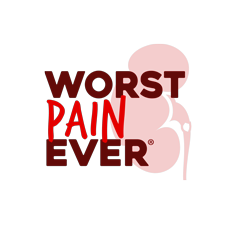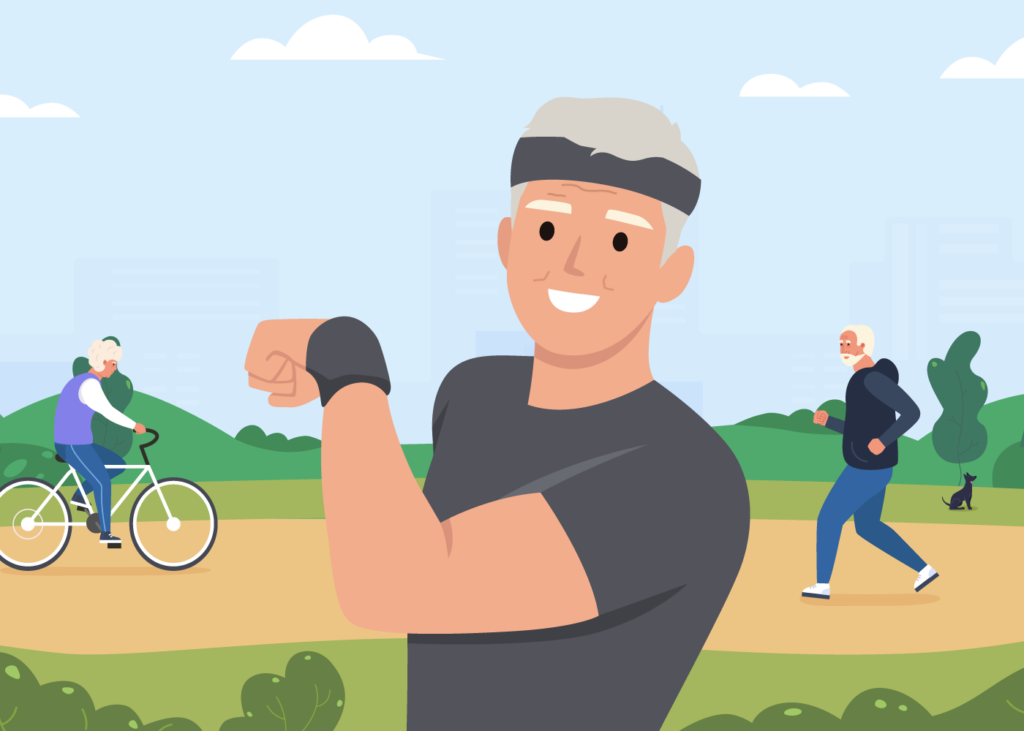Introduction
As the saying goes, ‘If you fail to plan, you are planning to fail.’ Thinking of embarking on a stone-friendly diet? Set yourself up for success by crafting a robust plan! So, follow our step-by-step tutorial to supercharge your diet strategy, and get ready to tackle your stones head-on.- Know your WHY
- Don’t fall for the fads
- Set realistic goals
So, what happens if you have to make multiple changes to your diet? Rather than a complete overhaul, take on one change at a time.
For instance, if your new goal is to hit 2.5 liters of water daily, gradually increase your intake by drinking 250 ml more water everyday, until you reach your goal. And once you’ve reached your goal, celebrate and tackle the next! Whether it’s lowering your sodium or meat intake, your newfound confidence will help you conquer the next goal.
This strategy is great for building consistency, keeping you motivated throughout your journey7. And remember, you’re not battling stones alone! So don’t be afraid to connect with your urologist or a registered dietitian to craft a solid meal plan.
- Stay on track with extra support
- Exercise flexibility
- Plan out your meals
Before taking the plunge, take a second to reflect on what’s fueling you to make a change. Whether it’s preventing future stones or dodging your first stone encounter, set a clear intention to focus on your goals1.
Tons of home remedies on the internet claim to treat your stones2, 3. However, most of them are untrue4. Online information is often plagued with falsehoods, even on seemingly reliable websites. In fact, only 41% of urology and 51% nephrology websites provide accurate diet advice for kidney stones4!
Remember, there is no quick fix to prevent or pass your stones. So don’t let yourself be fooled by gimmicks that could set you back! If you’re looking to make real improvements, focus on changes that bring long-term benefits. As a first step, request a 24-hour urine test!
As its name suggests, the 24-hour urine test reveals crucial insights about your urine collected over a day. It is often done to determine what’s causing your stones, and how to prevent them. For example, if your urine volume is less than 800 milliliters5, you should drink more water! If the uric acid in your urine exceeds 800mg, it’s time to cut back on your meat intake6.
If you’ve taken your 24-hour urine test, use this webtool to decipher your results: https://www.worstpainever.com/24h-urine-test-report/.
Having a strong support system is important when dealing with stones. Whether it is talking to your family, friends or joining a patient support group – like our WPE Community, having a partner to confide in during times of weakness can help you stay on top of your goals7.
It’s normal to have days where you’ll fall short, but be kind yourself!
If you’ve had too much salt, just have less sodium for subsequent meals8. If you snacked on too many high-oxalate nuts, have some milk for some extra calcium9. It’s OK to make mistakes, just get back on track with your next meal.
So, enjoy a slice of cake on your birthday, or that second serving on Thanksgiving – treat yourself occasionally! Remember, no one develops stones from a single meal, what matters are your daily habits.
Prepare your own meals when you can. Since you’ll have full control over the amount of sodium, oxalate, citrate and other nutrients that you’ll consume, it’s the best way to stay on a stone-friendly diet!
Try to eat out as little as possible. When you do, look at the menu beforehand and choose a diet-friendly option. If you have any diet restrictions, call up the restaurant in advance to make special arrangements10. When ordering, always ask your server for more details about items you don’t understand. You can even ask for recommendations for options that are lower in sodium!
Need more tips for dining out? Explore our guide here: The Kidney Stone Former’s Guide to Dining OutConclusion
The secret ingredient to an effective stone-busting diet is consistency. And it starts with creating healthy habits, not restrictions which are difficult to follow. Making the right diet changes requires patience and dedication, so don’t expect to see results overnight.
Just stick to the tips we’ve covered and give yourself some time. Once you’ve mastered the secrets to maintaining a stone-friendly diet, just sit back, relax and watch your stone risks fall. Don’t give up.
References:
- Gollwitzer, P. M., & Brandstätter, V. (1997). Implementation intentions and effective goal pursuit.Journal of Personality and Social Psychology, 73(1), 186–199. https://doi.org/10.1037/0022-3514.73.1.186
- Hernandez, J. (n.d.).Apple Cider Vinegar for Kidney Stones: The truth Behind It. Plant-Powered Kidneys. Retrieved from: https://www.plantpoweredkidneys.com/apple-cider-vinegar-for-kidney-stones/#The_Research_about_ACV_and_Kidney_Stones
- Don’t Fall for These Myths About Kidney Stones. Urology Associates P.C. (2018). Retrieved from: https://www.urologynashville.com/blog/dont-fall-for-these-myths-about-kidney-stones/#:~:text=Myth%3A%20Drinking%20olive%20oil%20will %20help%20pass%20a%20stone.&text=There%27s%20no%20 research%20to%20substantiate%20this%20folk%20remedy
- Huckabay, C., Wood, M., & Newell, C. (2017). Myths regarding nutrition and Stone Management. Nutrition Therapy for Urolithiasis, 29–40. Retrieved from: https://doi.org/10.1007/978-3-319-16414-4_3
- Urine 24-hour volume. Mount Sinai Health System. (n.d.). Retrieved from: https://www.mountsinai.org/health-library/tests/urine-24-hour-volume
- In Elsevier eBooks (pp. 360–376). (2011). Retrieved from: https://doi.org/10.1016/b978-1-4160-6640-8.00018-x
- Locke, E. A. & Latham, G. P. (1990). A theory of goal setting & task performance. Prentice-Hall, Inc.
- Chhabria, K., Ross, K.M., Sacco, S.J., & Leahey, T.M. (2020). The assessment of supportive accountability in adults seeking obesity treatment: Psychometric Validation study.Journal of Medical Internet Research, 22(7), e17967. https://doi.org/10.2196/17967
- How to lower your salt intake. Cleveland Clinic. (2022). Retrieved from: https://health.clevelandclinic.org/how-to-lower-your-salt-intake
- Dining Out With Confidence. A Guide for Patients With Kidney Disease. National Kidney Foundation. (2010). Retrieved from https://www.kidney.org/sites/default/files/docs/diningout.pdf





